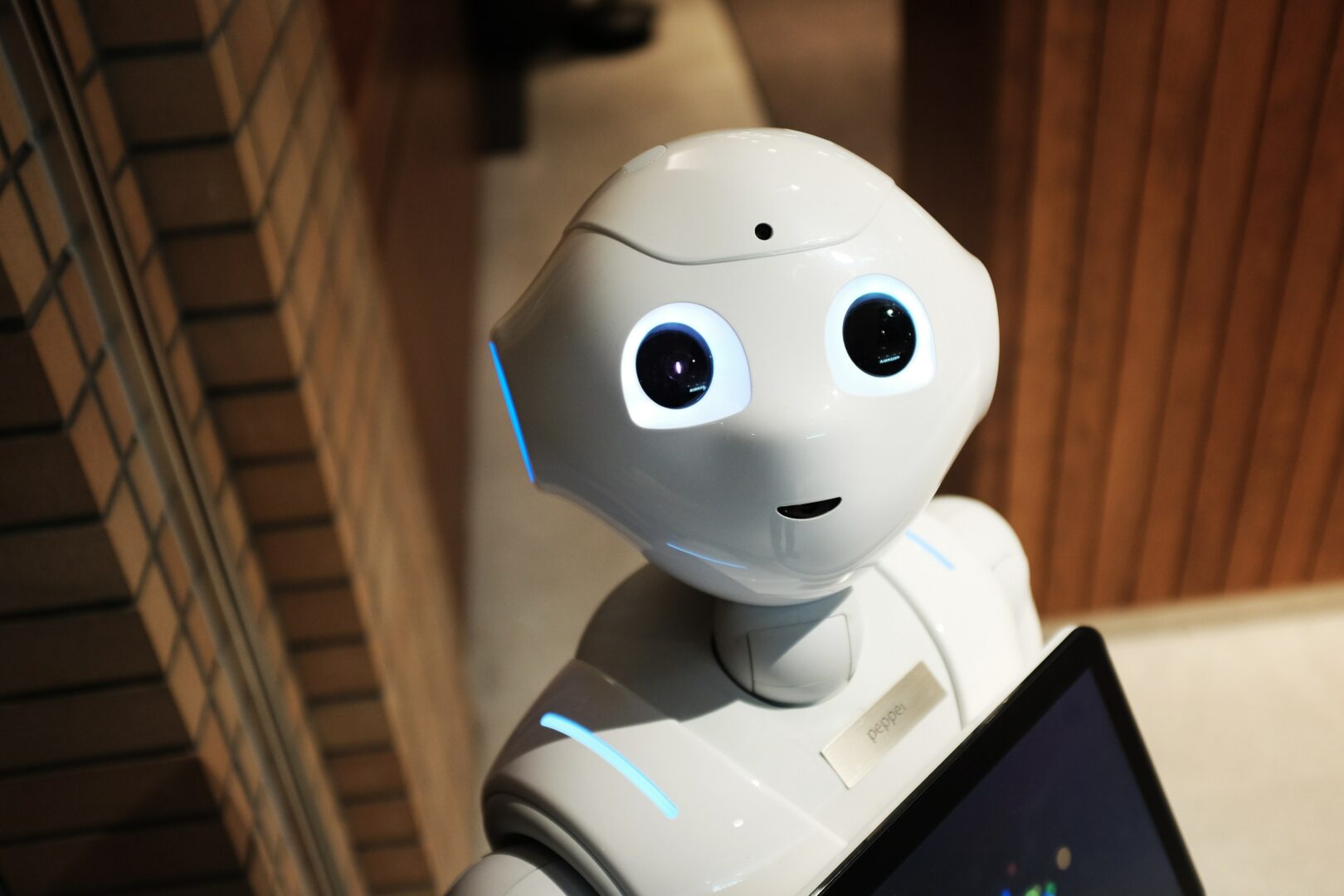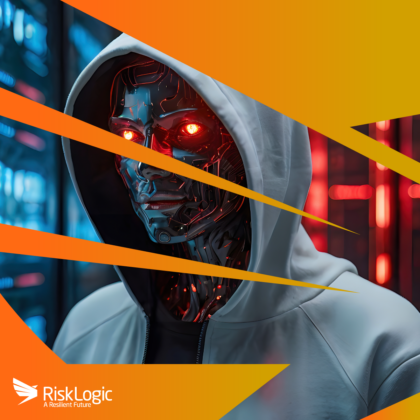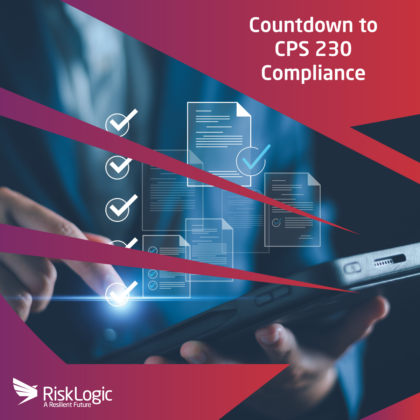-
Url copied to clipboard.
We’re all becoming used to our smartphones recognising a face when we take a selfie. Snapchat, for example, can view your face and add effects to it in real time. The new Samsung S8 and iPhone X can both now unlock with a simple scan of the users’ face, as opposed to the previous pin code or fingerprint.
A year or so ago, Mark Zuckerberg was caught with his MacBook covered in tape to avoid both facial recognition and audio. If the most powerful entrepreneur in the world hides his camera, should we be concerned? The answer is yes, we should be.
The reason for being aware of this and being concerned circulates around one golden theme: cyberthreat.
Would-be hackers now have another gateway to your personal details. A good example of how extreme facial recognition has become takes us to the Chinese province of Xinjiang where the township has become a sort of surveillance, Big Brother laboratory.
The basic premises of this ‘experiment’ is for the government to be alerted when individuals venture 300 metres beyond designated ‘safe areas’. These areas make up routes to workplaces, homes, and shopping facilities. However, an invisible zone has been set focusing its attention on the wandering citizens that live there.
“‘Papers, please’ was the symbol of living under tyranny in the past. Now, government officials don’t need to ask,” said Jim Harper, executive vice president of the libertarian Competitive Enterprise Institute.
It seems now that a system of this magnitude is simply an up to date way of controlling people.
It’s unlikely that demographics in New Zealand and Australia are likely to have such extreme measures put in place, however, it doesn’t mean we’re exempt from the technology itself. Far from it.
In London City and Westminster, it is reported that no less than three cameras are watching you at any given time. There is simply no alleyway, Tube station, park, or shop without CCTV and thus creating the worlds largest ecosystem of digital eyes. The point here though is not to be worried unless you’re giving someone else a reason to be worried. These amounts of cameras can actually work in your favour during a serious incident. You should also remember that there is a current population of 8.7 million people in London and it’s unlikely you’re important enough to be the focus…sorry.
Since the attacks in France, Manchester and the Sydney Lindt Café incident, security and police have never been so on edge or operating in such large numbers. Going off the events of the last 24 months, they have a fair reason to be as well. We’re therefore likely to continue to see updates in technology in our own streets. New, extreme and intrusive measures to watch everything that is going on.
Shopping in Westfield this weekend?
A perfect case to be ‘followed’ by someone other than the kids is Westfield shopping malls. If you enter a mall and decide to jump on their free WiFi system, you are prompted to accept the T&Cs, like always. You’ll likely hit accept before you even consider reading the 9,000-word document. That document, however, explains the following:
When you sign up to become a member of the Site, you will provide us with certain personal information. Your personal information may be used for providing you with news, offers and information about the Site, the Scentre Group shopping centres and promotions run by the Scentre Group, as well as for the purposes set out in section 13 of these Terms & Conditions.
In section 13, it reads:
…we may transfer your personal information to others in countries outside Australia.
… Scentre may collect your personal information through your use of the Site or through your contact with Scentre. Any personal data and other information provided by you will be treated by Scentre in accordance with the Online Privacy Policy.
When entering Westfield shopping centres and car parks, customers’ personal information, car licence plate details and images may be collected by Scentre, and Scentre may also collect customers’ personal information and images from third parties
To save you time reading another 8,500 words on the Online Privacy T&Cs, we’ve narrowed down what they’re saying here by digging deeper.
Westfield collects user information on their location in the mall, the shops they enter, time spent within that section, any pages the user open through a browser relevant to that retail outlet and sells this information to both search engines and the outlet itself.
It’s targeted marketing on steroids.
If you’ve ever wondered how and why an unbelievably relevant product you’ve just spoken to your partner about appears on your Facebook feed, it’s because of the above reason, and it’s as simple as that. Westfield has been doing it and your device does it as well.
China is leading by example
There is a reason Xinjiang has become a testing station for such specific, large-scale surveillance centres around where it lies; the region boarders Pakistan and Afghanistan.
As reported in Bloomberg Businessweek, “The country is on track to represent 46 percent of the $17.3 billion global video surveillance market by year-end, and three-quarters of all deep learning-enabled servers for analysing the data, according to Jon Cropley, a senior principal analyst at IHS Markit.”
Similar technology was used during the French attacks of 2015 where gunman and suicide bombers terrified the city. While on lockdown, the authorities used registered images of the offenders (or who they thought to be the offenders) and scanned millions of faces within seconds. The days of watching hours of tape to find a blurry face have long gone and have been replaced by auto-recognition. The exact same technology on the Samsung S8 and the iPhone X.
Due to continued aggressive attacks in the province, last year, Xinjiang called on law enforcement officials to “actively use modern scientific and technological measures” and “safeguard national security and social stability,” the official People’s Daily newspaper reported.
Bloomberg reported ‘the alert project links security cameras to a database of people who have attracted the attention of authorities and tracks their movements within a particular area, their contact said. Police can follow up by intercepting individuals or visiting their homes and questioning their friends and families’.
Despite pushback from America and Europe, China is truly leading the way on mass surveillance with this new technology with their reasons being control of unsecure sections and security.
Freedom vs Safety
The ultimate pushback from a community around facial recognition, extreme CCTV adoption and control over movements is universal; I want my freedom.
So, the question is, do we allow being watched so closely and on a large scale and thus allow opportunities to catch criminals and in extreme cases, terrorists? Or, do we get rid of the technology now and go back to the old days of asking witnesses, looking for a “man in a grey shirt”?
When you swing it that way, it’s obvious which choice to use – so it’s more the concern around security than around the use of personal information. There are literally hundreds of thousands of ways for someone to find your information. As Westfield points out, they can’t guarantee that security, but you accept the risk by joining.
Therefore, we need to be aware of it, understand it and learn how this technology can help us. We then need to understand how to remain resilient in our own daily lives. Making sure that you know ways of losing your personal information.
And if you’ve got a webcam on your laptop, perhaps a bit of tape wouldn’t go amiss?




